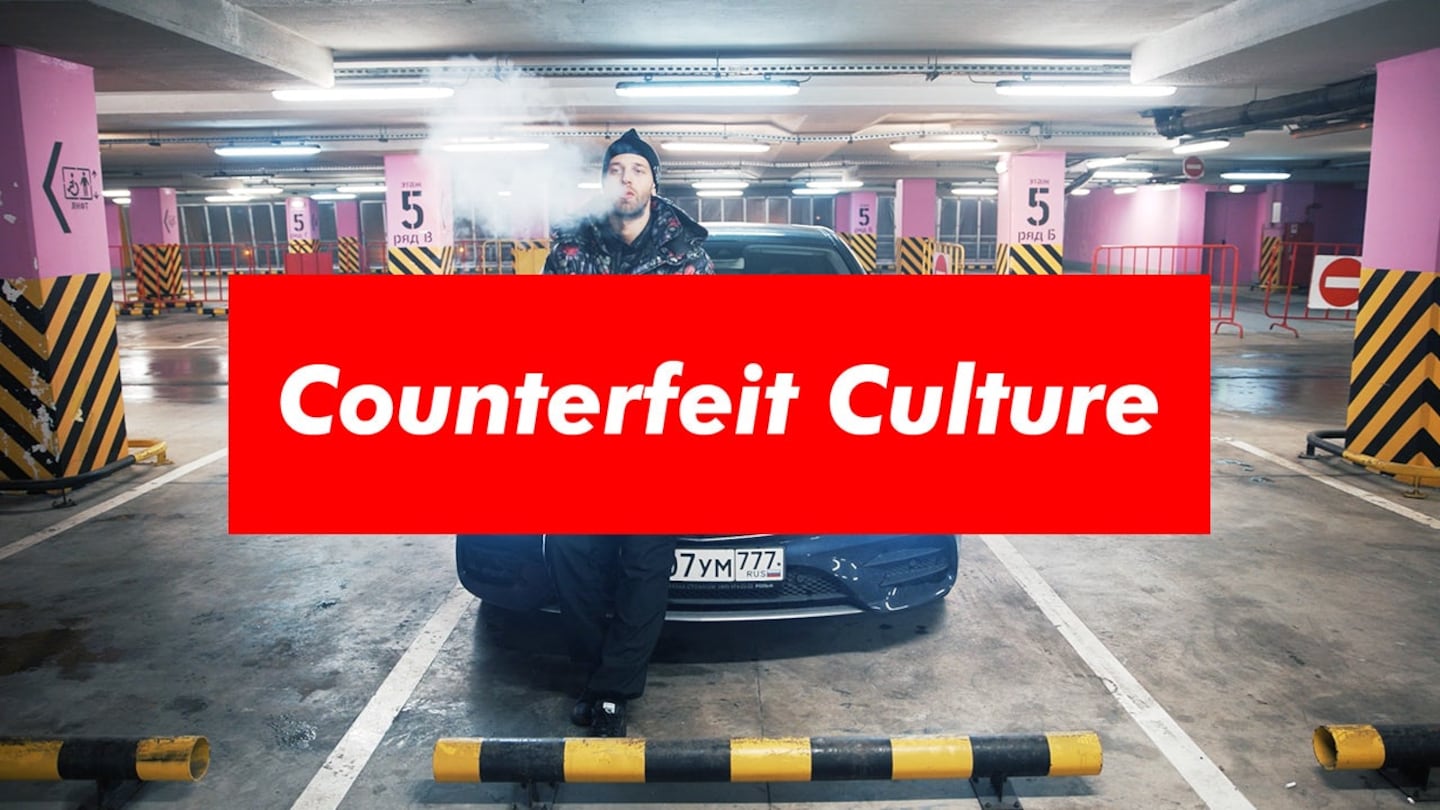
The Business of Fashion
Agenda-setting intelligence, analysis and advice for the global fashion community.

Agenda-setting intelligence, analysis and advice for the global fashion community.

MOSCOW, Russia — For decades, Western brands, products and culture at large have fascinated many Russians. The Soviet Union's isolation from the rest of the world for 69 years naturally resulted in a scarcity of Western consumer goods that, to an extent, lasts to this day.
Products were "made even harder to come by as non-communist media was censored and Russians were fed a diet of anti-capitalist propaganda," says Alec Leach, Highsnobiety's fashion editor, in the publication's new documentary titled "Counterfeit Culture Moscow" — the second in an ongoing series on fashion's black market.
While markets in Russia have certainly opened up over the last 30 years, heavy import duties have caused luxury fashion to be 20 to 30 percent more expensive in Russia for the same items at retailers in Europe, According to the 15-minute film.
The recent economic crisis — following a dramatic drop in oil prices and the Russian ruble losing half of its value in 2014 — have made designer fashion even more expensive. With Russia's demand for luxury goods increasing, but little cash flow to sate hunger, many ordinary Russians have resorted to cheap knock-offs (going back to the late 1980s) — sometimes found at 90 percent lower than the retail price of the original products. This simulacrum of branded apparel was so ubiquitous that young designers from Russia and its former republics — including Gosha Rubchinskiy and Demna Gvasalia from Vetements and Balenciaga, respectively — have riffed on the knockoffs in their collections.
ADVERTISEMENT
In 2016, the country's apparel and footwear market was worth 2.8 trillion rubles (approximately $50 billion) and has grown at a compound annual growth rate of 7.6 percent over the past five years, according to Euromonitor International. The share of counterfeits in Russia has also grown and varies from 5 percent to 30 percent depending on the industries, with apparel and footwear being among the country's biggest sectors.
As a result, everything from fake Louis Vuitton logoed bags, to Gucci hoodies and Adidas's signature three-striped trackpants, can now be found at popular local marketplaces throughout Moscow, as well as on online platforms like Instagram, where buying and selling knockoffs has become even more accessible.
While fake news created by Russians may be on the front pages, for the apparel industry, Russia's insatiable appetite for knockoffs is anything but a fake nuisance.
https://www.youtube.com/watch?v=MwJTT1D2PbE&feature=youtu.be&ab_channel=Highsnobiety
Related Articles:
[ Why South Korea Is the Home of Counterfeit CultureOpens in new window ]
Hermes saw Chinese buyers snap up its luxury products as the Kelly bag maker showed its resilience amid a broader slowdown in demand for the sector.
The group’s flagship Prada brand grew more slowly but remained resilient in the face of a sector-wide slowdown, with retail sales up 7 percent.
The guidance was issued as the French group released first-quarter sales that confirmed forecasts for a slowdown. Weak demand in China and poor performance at flagship Gucci are weighing on the group.
Consumers face less, not more, choice if handbag brands can't scale up to compete with LVMH, argues Andrea Felsted.